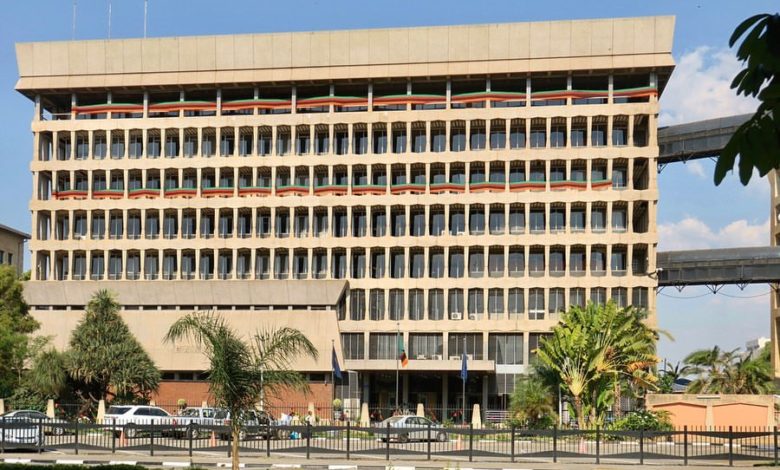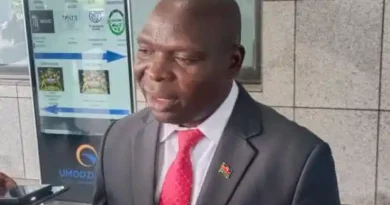Economist Predicts Continued Depreciation of the Kwacha Despite Intervention by Bank of Zambia
An economist has expressed concerns over the continued depreciation of the Kwacha, stating that the recent injection of US$15 million by the Bank of Zambia into the interbank market may not be enough to stabilize the currency. Emmanuel Zulu, in an interview, pointed out that the high demand for the United States dollar combined with limited supply has put significant pressure on the Kwacha.
Zulu emphasized that despite the country securing a debt restructuring deal, Zambia remains a net importer, leading to the need for a comprehensive approach to address the supply system and strengthen the Kwacha.
“The increased demand for the dollar is driven by the limited supply of the currency in the market, which has consequently put pressure on the Kwacha. Although we obtained the debt restructuring deal, we are still heavily reliant on imports. During the debt restructuring discussions, there were indications of the lowest level the Kwacha could perform,” Zulu explained.
He further noted that the initial excitement surrounding the debt restructuring has subsided, and the markets are returning to normal. Therefore, it is likely that the Kwacha will continue to face pressure despite the intervention by the Bank of Zambia. Zulu emphasized the importance of addressing the supply system to mitigate the effects of high importation.
The economist emphasized that the Kwacha’s strength will continue to decline if the country does not attract the much-needed investment to boost domestic production.
“Working on our supply system is crucial to seeing a stronger Kwacha. Currently, we are experiencing fluctuating exchange rates depending on demand and supply, but the trend is expected to favor a stronger dollar. This will persist until we attract the necessary investment to enhance our production capacity,” Zulu stated.
Despite the recent intervention by the Bank of Zambia, injecting US$15 million into the interbank market, the Kwacha has continued to depreciate. Presently, the local unit is trading at K18.41 ngwee and K18.78 against the United States dollar.
The economist highlighted that the limited supply of the dollar due to monetary policy tightening by Western nations has contributed to the sustained stress on the Kwacha. Zulu predicts that while the intervention may provide temporary resilience, it is unlikely to result in a significant appreciation of the local currency.
As the country faces ongoing challenges, stakeholders will need to focus on long-term strategies to address the supply system and attract investment, ensuring a more stable and resilient Kwacha.



